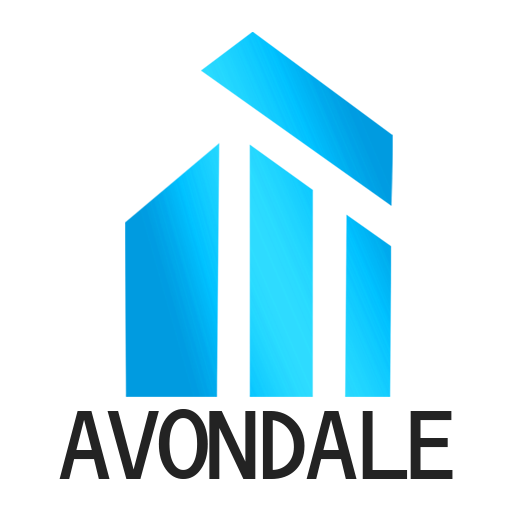Buying property in Nigeria is one of the smartest investment decisions you can make. Whether it’s for personal use, rental income, or long-term investment, real estate remains one of the most secure ways to build wealth. However, the process can be tricky—especially for first-time buyers—if you don’t know what to look out for.
To help you make informed choices and avoid costly mistakes, here are the top 5 things to check before buying a property in Nigeria.
1. Verify the Title Documents
The first and most important step in property acquisition is confirming the authenticity of the title documents. Many properties are sold with fake or incomplete paperwork, putting buyers at risk of disputes or even total loss.
Key documents to verify include:
-
Certificate of Occupancy (C of O)
-
Governor’s Consent
-
Deed of Assignment
-
Survey Plan
👉 Always cross-check these documents at the State Land Registry to ensure they are valid and free from encumbrances.
2. Confirm the Property Ownership
Never assume that the person selling a property is the rightful owner. Fraudulent sales are common, and buyers often fall victim to multiple ownership claims.
-
Conduct a search at the land registry to confirm ownership.
-
Ask for valid identification of the seller or company.
-
If buying from a family land, ensure every stakeholder signs off on the transaction.
👉 This step will save you from legal battles in the future.
3. Check the Location and Accessibility
Location remains the number one factor in real estate investment. A property may be cheap, but if it’s in a flood-prone or inaccessible area, it could become a liability.
When inspecting a property, consider:
-
Road access and transportation links.
-
Proximity to schools, markets, hospitals, and workplaces.
-
Availability of basic infrastructure like electricity, water, and security.
-
Future development plans for the area (e.g., government projects or industrial hubs).
👉 A good location guarantees higher returns on your investment.
4. Inspect the Physical Condition of the Property
For already built houses, don’t just look at the surface finish—dig deeper. A property might look attractive on the outside but hide costly structural issues.
Key areas to inspect:
-
Foundation strength and building quality.
-
Plumbing and electrical systems.
-
Roofing and drainage systems.
-
Signs of cracks, water leakage, or poor construction.
👉 Consider hiring a professional property inspector to give you a detailed report before making payment.
5. Evaluate the Market Value and Future Potential
Don’t rush into buying simply because the price looks “cheap.” Always compare the property price with similar properties in the area.
Also, think long-term:
-
Is the area developing rapidly?
-
Will the property appreciate in value?
-
Can it generate steady rental income?
👉 A property should not just be affordable—it should also be a solid investment.
Final Thoughts
Buying property in Nigeria requires patience, due diligence, and professional guidance. By verifying documents, confirming ownership, checking the location, inspecting the building, and evaluating its future potential, you can protect your investment and secure long-term value.
At Avondale Resources Global Limited, we provide expert support in property acquisition, valuation, inspection, and financial advisory, ensuring our clients make safe and profitable real estate investments.
📞 Ready to invest in property with confidence? Contact us today to get started.

